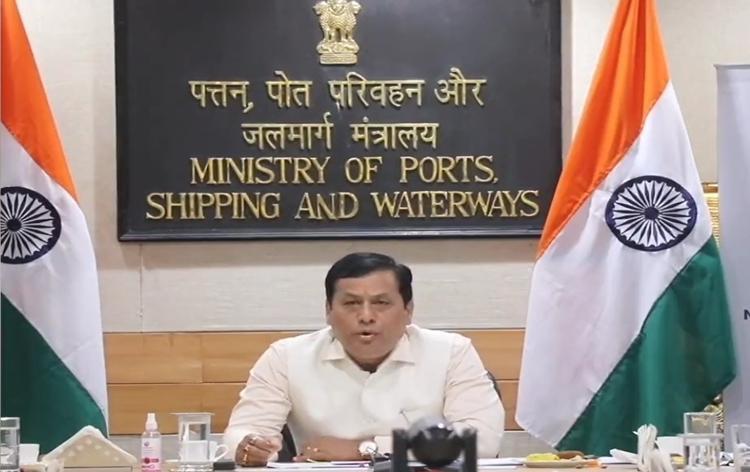
Rajya Sabha Passes ‘Bills of Lading, 2025’ Bill: A Major Development in Maritime Shipping Documentation
The Rajya Sabha, the upper house of the Indian Parliament, has passed the ‘Bills of Lading, 2025’ bill on the first day of the monsoon session. This significant development marks a major milestone in the country’s efforts to modernize and simplify its maritime shipping documentation framework. The bill, once enacted, will replace the 169-year-old colonial era Indian Lading Act, 1856 with a modern, globally aligned legal framework for maritime shipping documentation in India.
The passing of the bill is a significant step forward for the Indian logistics and shipping industry, which has been pressing for reforms to the outdated and complex documentation process. The current system, which dates back to the British colonial era, has been criticized for being cumbersome, time-consuming, and prone to errors. The new bill aims to address these issues by introducing a simplified and modernized system that is in line with global best practices.
The ‘Bills of Lading, 2025’ bill is a comprehensive legislation that seeks to overhaul the existing framework for maritime shipping documentation in India. The bill will introduce a number of key reforms, including the use of electronic bills of lading, simplified documentation procedures, and a more streamlined process for resolving disputes.
One of the key benefits of the new bill is the introduction of electronic bills of lading (e-BLs). e-BLs will replace traditional paper-based bills of lading, which are often prone to errors, loss, or misplacement. The electronic system will provide a secure, tamper-proof, and transparent way of documenting maritime shipments, making it easier for stakeholders to track and manage their cargo.
Another significant reform introduced by the bill is the simplification of documentation procedures. The current system requires multiple documents, including the bill of lading, commercial invoice, and other certificates, which can be time-consuming and costly to obtain. The new bill will reduce the number of documents required, making it easier and faster for shippers to obtain the necessary documentation.
The bill will also introduce a more streamlined process for resolving disputes. The current system can be slow and cumbersome, with disputes often taking months or even years to resolve. The new bill will provide for a more efficient and effective dispute resolution process, which will help to reduce costs and minimize delays.
The passing of the ‘Bills of Lading, 2025’ bill is a significant achievement for the Indian government, which has been working to modernize and simplify the country’s logistics and shipping infrastructure. The bill is expected to have a positive impact on the Indian economy, by reducing costs, increasing efficiency, and improving the overall competitiveness of the country’s logistics and shipping sector.
The bill will also have a positive impact on the environment, by reducing the amount of paper and documentation required for maritime shipments. This will help to reduce waste and minimize the environmental impact of the logistics and shipping industry.
The passing of the ‘Bills of Lading, 2025’ bill is a significant step forward for the Indian logistics and shipping industry, and marks a major milestone in the country’s efforts to modernize and simplify its maritime shipping documentation framework. The bill is expected to have a positive impact on the Indian economy, by reducing costs, increasing efficiency, and improving the overall competitiveness of the country’s logistics and shipping sector.
In conclusion, the passing of the ‘Bills of Lading, 2025’ bill is a significant development for the Indian logistics and shipping industry. The bill will introduce a modern, simplified, and globally aligned legal framework for maritime shipping documentation in India, which will reduce costs, increase efficiency, and improve the overall competitiveness of the country’s logistics and shipping sector.
Sources:
https://www.logisticsoutlook.com/ports-shipping/rajya-sabha-bills-of-lading






